2019-04-04
- By ChinaWiki.net
- Chinese Edition
- 2018-10-12
The Bund, located on the Huangpu river bank in Huangpu District, Shanghai, is Huangpu's historic beach. Since 1844, the Bund has been classified as a British concession, a true portrayal of Shanghai's Shiliyang Square, and the beginning of the old Shanghai concession and the whole modern city of Shanghai.
The Bund is 1.5 kilometers long. It runs from Yan'an East Road in the south to Waibaidu Bridge on Suzhou River in the north. It is the Huangpu River in the East and the concentration of financial and foreign trade institutions in old Shanghai in the west. After Shanghai became a commercial port, foreign banks, commercial banks, general associations and newspapers began to gather here, and the Bund became the financial center of the whole country and even the Far East. In August 1943, the Bund was returned to the Shanghai Public Concession by the Wang Puppet Kuomintang Government, ending a century-long period of concession. In the thirty-fourth year of the Republic of China (1945), the Bund had its official name Zhongshan East Road.
The Bund stands 52 classical revival buildings of different styles, known as the Bund World Architectural Expo, which is one of the most important historical sites and representative buildings in modern China and one of the landmarks of Shanghai. In November 1996, the State Council included it in the fourth batch of national key cultural relics protection units. Opposite the Bund is Lujiazui in Pudong, which is a symbol of China's reform and opening up and a microcosm of Shanghai's modernization drive.
In March 2018, Shanghai Bund started the function replacement work of the "second elevation" (i.e. non-river-facing Bund complex) simultaneously on the basis of promoting the function replacement of the "first elevation" (i.e. river-facing buildings).
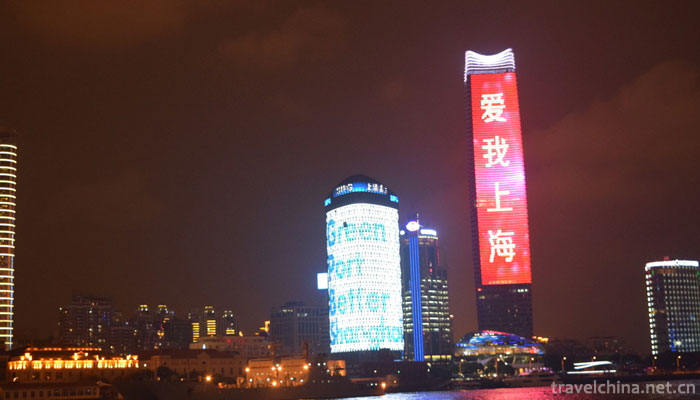
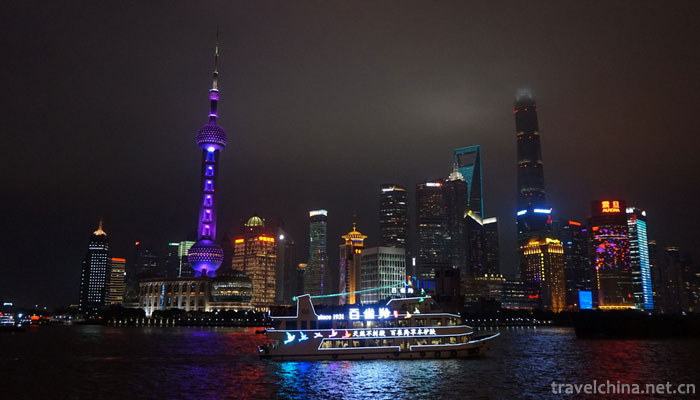
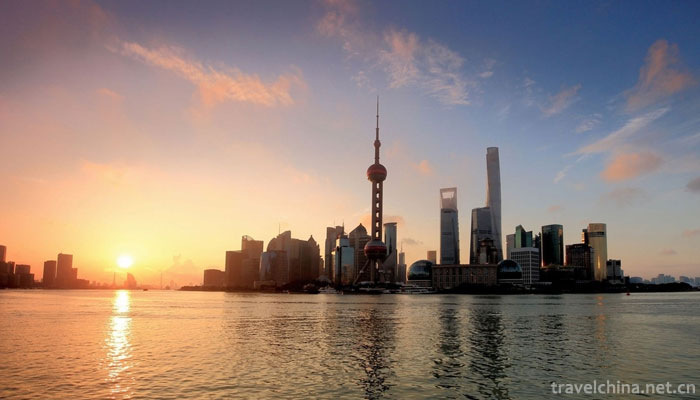
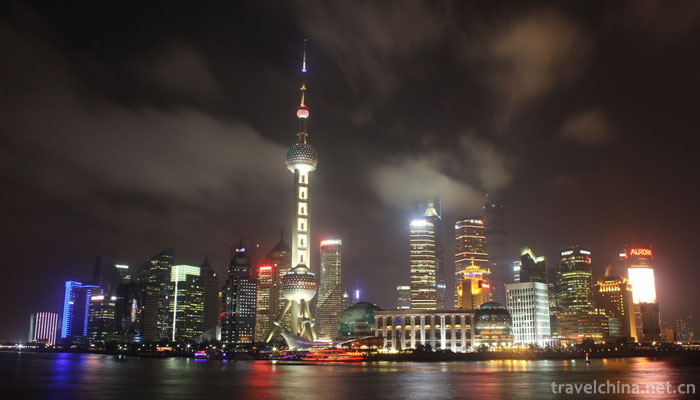
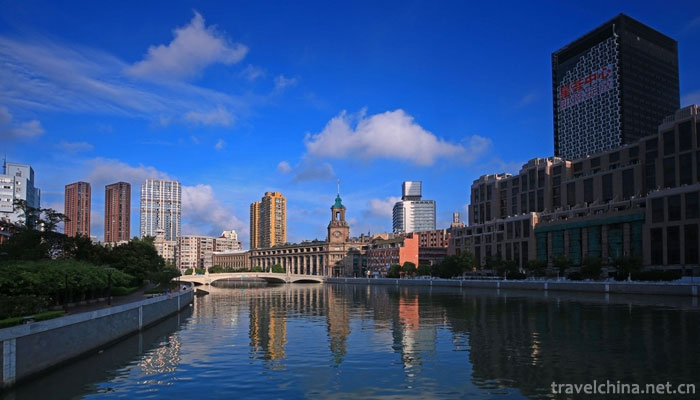
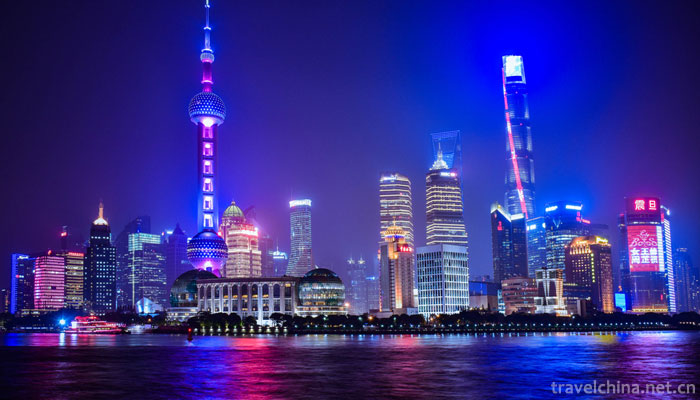
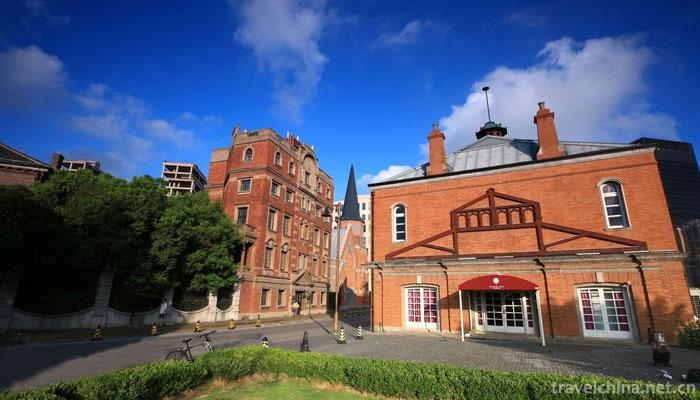
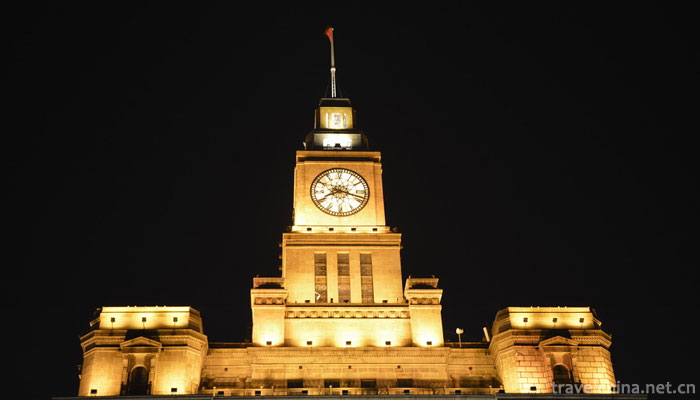
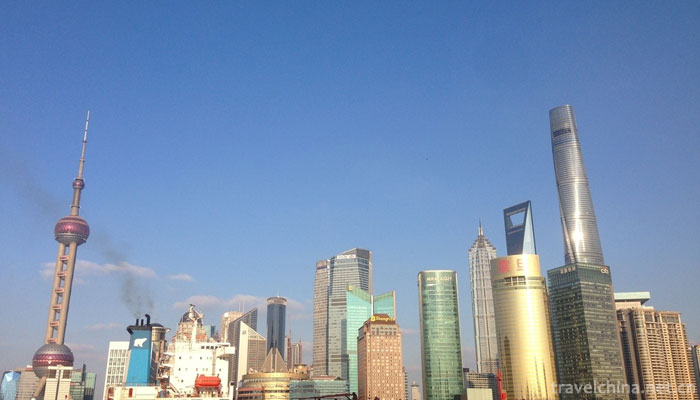
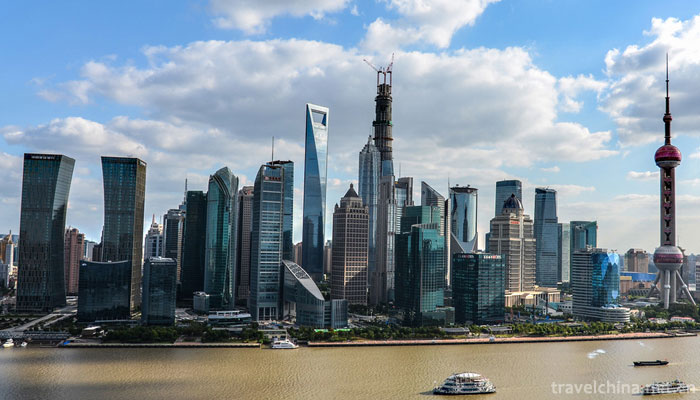
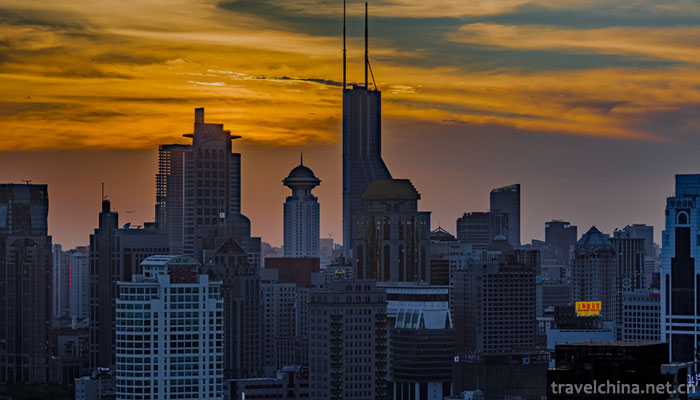
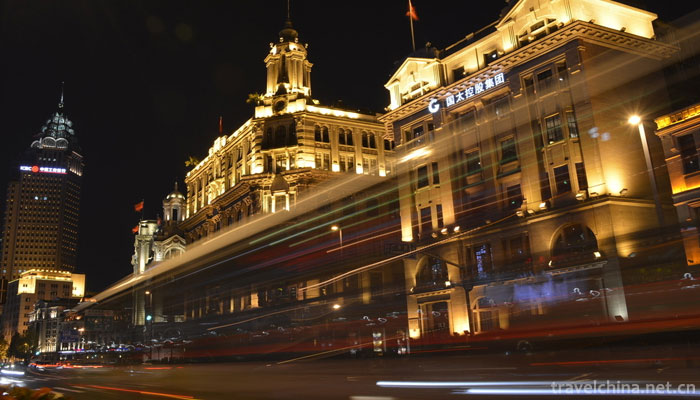
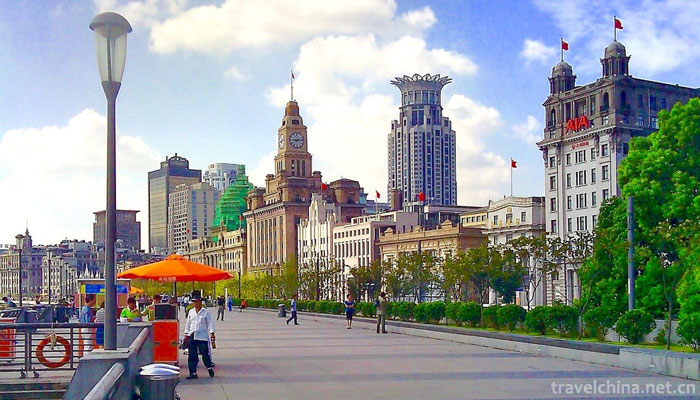
Ask a Question
Your email address will not be published.
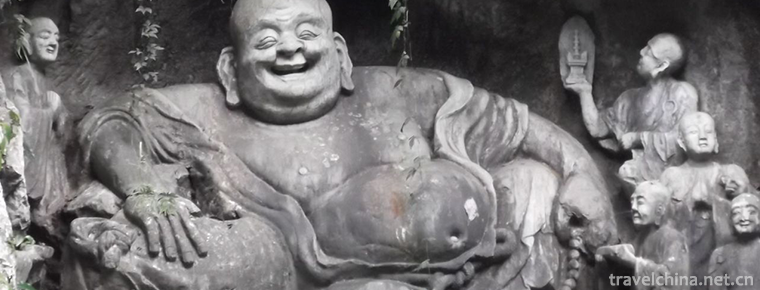
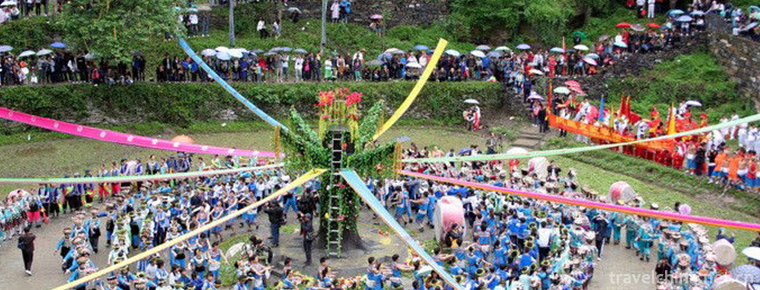

0 Questions